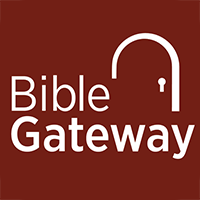- Thread starter
- #21
Here in the old folks home, one of the residents has a bible study in her apt. Maybe I will check it out.
I think I will begin with the NT.
Found this place where I can read it online (scroll down):

 www.biblegateway.com
www.biblegateway.com
I think I will begin with the NT.
Found this place where I can read it online (scroll down):


